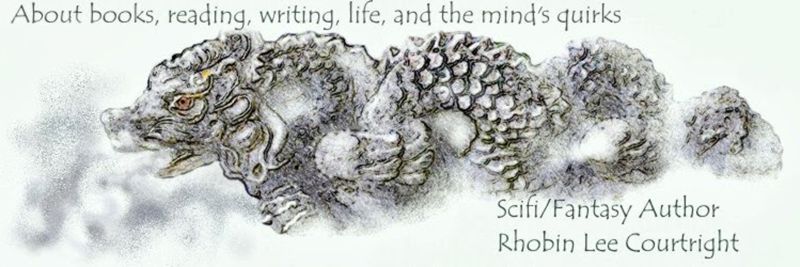Some people don’t like fiction, saying, “It’s all just make-believe, I prefer biography,” or “I’d rather watch a movie.” Whatever, they are
still experiencing a tale. We do not know when the oral traditions of
storytelling began, but probably long enough ago that fiction became entrenched
as the biological need it has become. Biological need? Yep. In biology, survival tends to get rid of anything
unnecessary, yet fiction continues. We have a need for it and spend countless hours in other worlds of
fantasy (all fiction is fantasy), which might be better spent doing something else, so why? In some
ways, it remains a mystery, but Joseph Campbell, Carl Jung, and Vladimir
Propp showed in their respective researches
how stories might serve some deep spiritual and mental needs for both the author
and the reader.
Fiction
isn’t just a way to relax and to pass time, or a method to
relieve stress, or to help a person fall asleep. It is an ongoing
collision between fantasy and reality
that takes the reader on a journey of some sort, whether an adventure
tour, a voyage of growth, a drive to change entrenched viewpoints, or an
expedition to achieving
a long-sought goal. A story always contains a problem that needs
solving, which provides an experience that calls for the reader’s personal interaction, learning,
and
maybe his or her personal change. If that interaction doesn’t happen,
neither does the story.

No comments:
Post a Comment